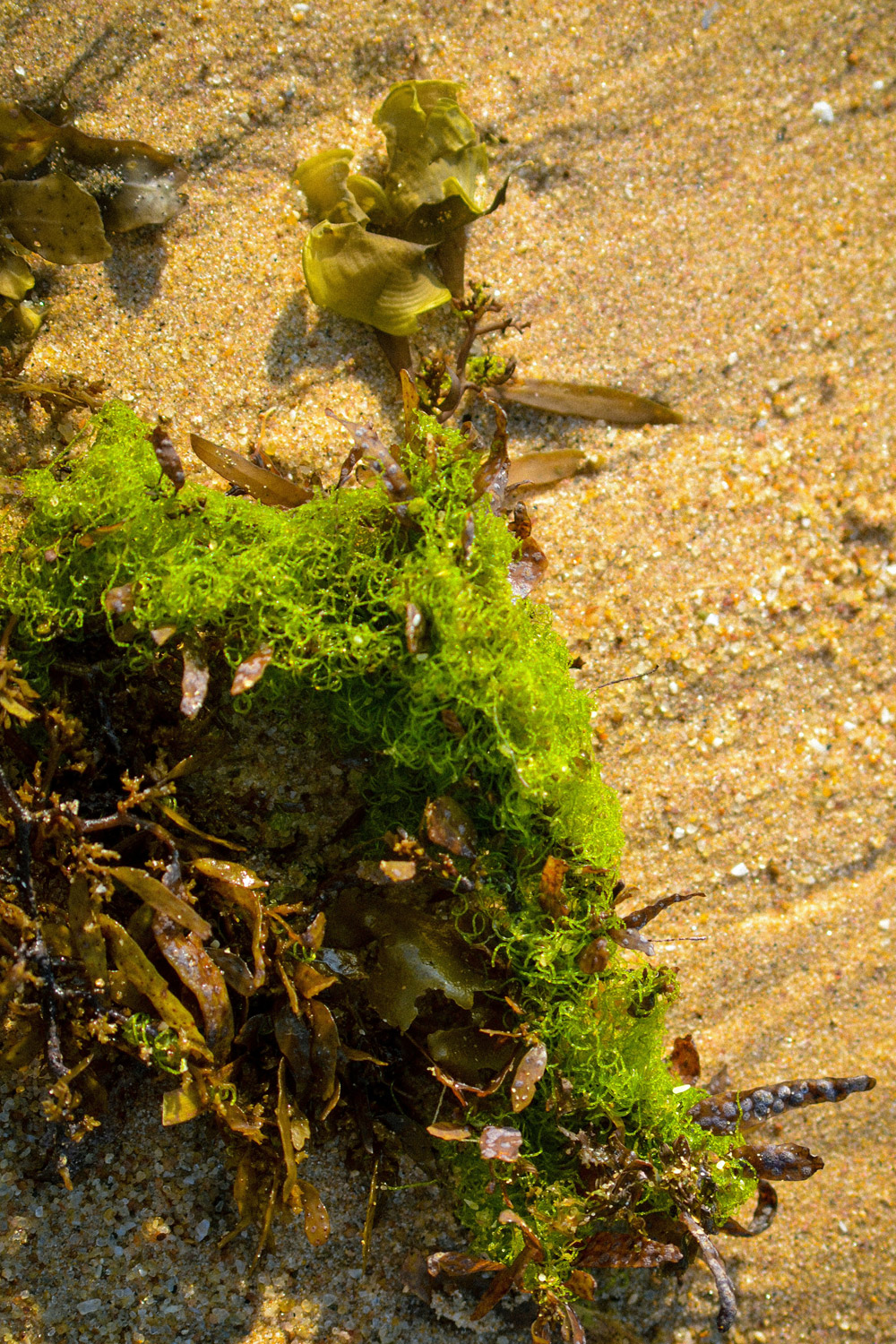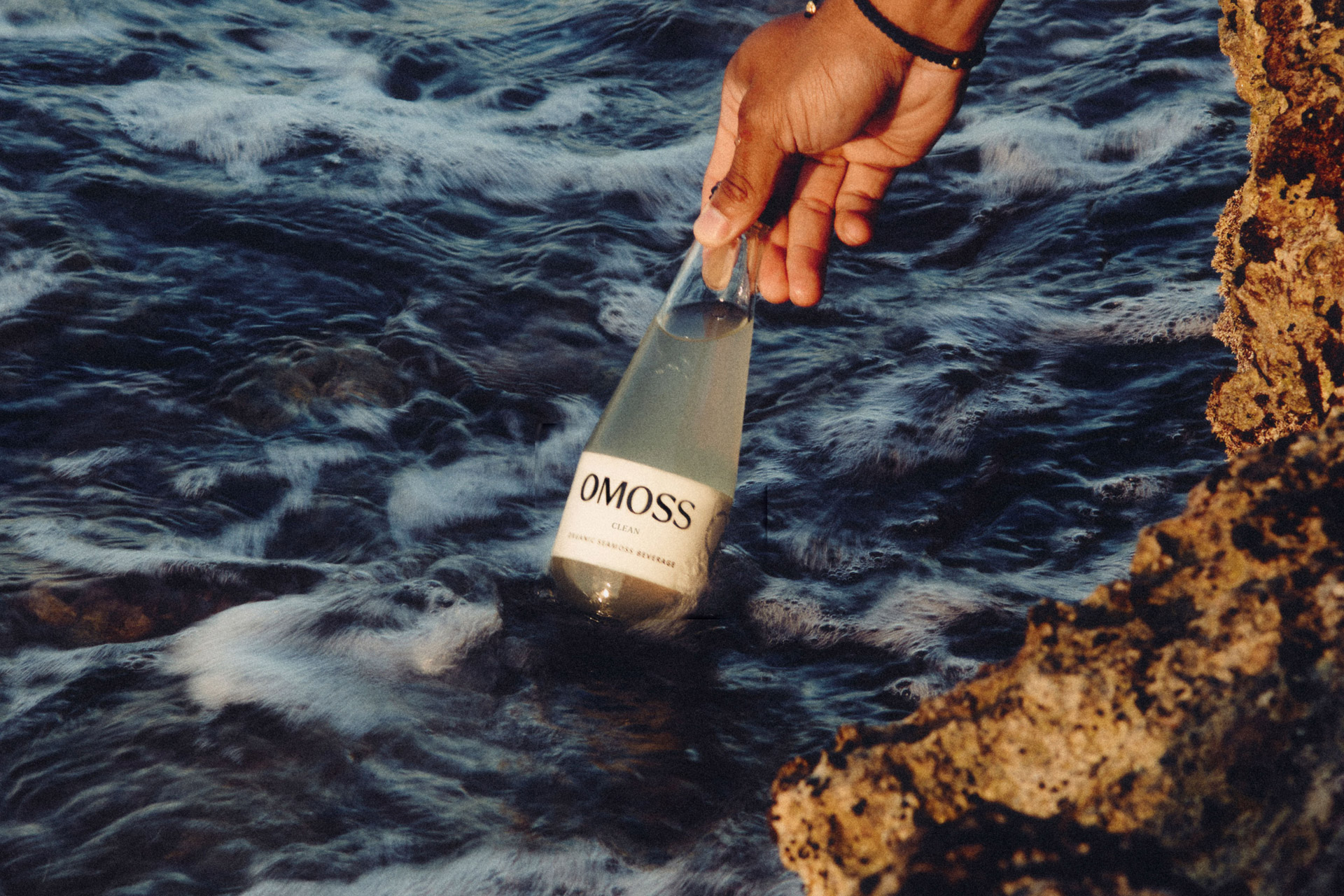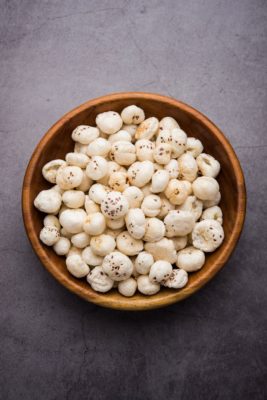
Is Sea Moss The New Spirulina? We Asked A Nutritionist
By
5 months ago
Everything you need to know about the trending seaweed
A type of algae which grows in tidepools, sea moss might not be the first thing you think of when making your lunch. Yet the ingredient has emerged onto the scene as the latest health trend, spurred on by a flurry of A-list fans. Bella Hadid includes sea moss in her morning supplement routine, while Kim Kardashian adds it to her smoothies and model Winnie Harlow is reportedly a fan. It’s all over TikTok too, with devotees raving about the benefits – from improving gut health to achieving glowing skin. But what does the science say?
Sea Moss: Health Benefits & Who Should Avoid
What Is Sea Moss?
Known scientifically as Chondrus crispus, sea moss is a type of seaweed found along the coastlines of the British Isles, Europe and North America. Although the ingredient is having a moment, it has long been lauded for its wellness perks, particularly among coastal communities. In the Caribbean, the ingredient has been used for centuries as a healing elixir, often enjoyed as a cooling, milky punch. The seaweed has also been incorporated into medicinal teas in Ireland for hundreds of years, believed to help fight colds and respiratory illnesses.
In recent years, word about sea moss has spread and nowadays it’s popping up in gels, powders and capsules all over the world. Recently, the UK’s first sea moss drink launched, Omoss, which uses organic, sustainably sourced sea moss from Ireland. ‘Sea moss is one of nature’s most powerful plants, and I wanted to build a brand that gave it the spotlight it deserves,’ says founder Marley Finn. ‘In its purest form, it’s wild-harvested from the ocean and sun dried before being turned into a gel or blended into drinks like Omoss.’
What Are The Health Benefits?
Many of TikTok’s nutrition trends are overhyped, but there is backing to this one – although scientific research is still fairly limited. ‘Sea moss contains a wide range of vitamins and minerals including iodine, magnesium and iron,’ notes nutritionist Kim Pearson. She adds that it ‘contains polyphenols, compounds with antioxidant and anti-inflammatory benefits’, as shown in a study from 2011. Plus, sea moss is naturally rich in omega-3 fatty acids, which support heart, brain and skin health.
Other benefits include:
May improve gut health
Sea moss is rich in fibre, which Kim explains ‘supports gut health by feeding beneficial bacteria and promoting regular bowel movements.’ There’s some evidence to support this: a 2015 study published in BMC journal found sea moss to have a probiotic effect on the gut, however researchers concluded more studies need to be carried out on humans.
May improve thyroid health
This seaweed is also naturally rich in iodine, which plays a vital role in thyroid health – important for many bodily functions including metabolism, circulation, bone health and mood. Iodine is not produced by the body so must be found in food, however it’s important to not consume too much. As the NHS website warns, ‘Taking high doses of iodine for long periods of time could change the way your thyroid gland works.’ Marly tells us that Omoss carefully calibrates levels in each bottle ‘to make it safe and effective as a daily supplement, without overloading your system.’
May support immune health
While the research is limited when it comes to sea moss specifically, there is scientific evidence showing seaweed in general may improve immune health. One study, for instance, explored why Covid was not proving as devastating in Japan, suggesting the seaweed-rich diet consumed there as a potential reason. ‘Dietary seaweeds contain numerous components, including ACE inhibitory peptides, soluble dietary fibers (eg, fucoidan, porphyran), omega-3 fatty acids, fucoxanthin, fucosterol, vitamins D 3 and B12, and phlorotannins,’ it reads.
Is Sea Moss Suitable For Everyone?
‘As with all supplements, it’s important to ensure sea moss is suitable for you,’ says Kim. ‘Its iodine content can vary depending on where it’s harvested, and excessive iodine intake can disrupt thyroid function just as deficiency can. People with existing thyroid disorders should be cautious and consult a healthcare professional before taking sea moss.’ Pregnant or breastfeeding women, meanwhile, should consult their doctor before taking it.
It’s also worth noting that a recent study published in Journal of Agriculture and Food Research found consuming seaweed products can mean heavy metals accumulate in the body, with potentially damaging effects. Kim stresses that quality and purity are important considerations.
Ultimately, no food or drink is a miracle cure. So, as Kim concludes, sea moss ‘should be used as part of a balanced diet rather than relied upon as a single source of nutrients.’


























